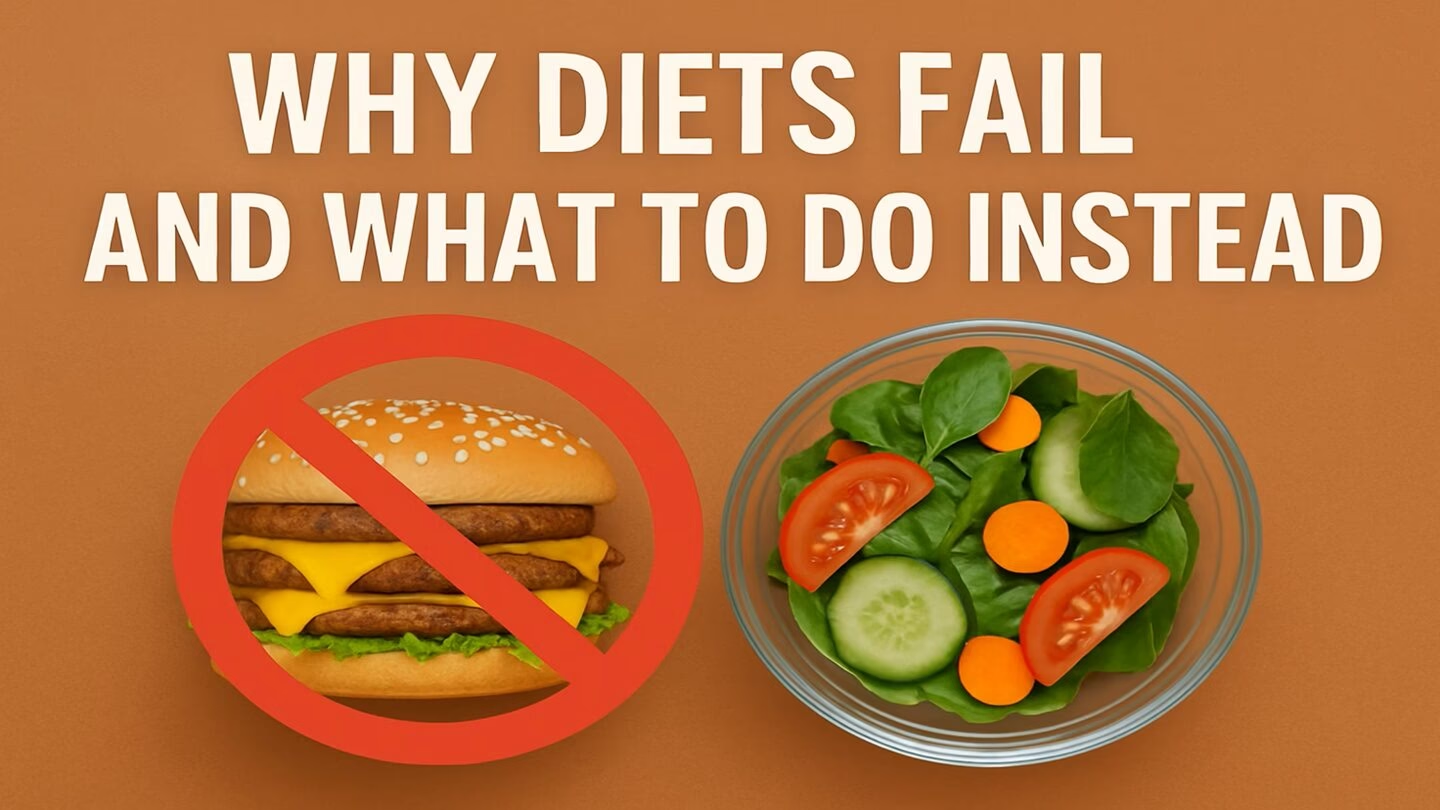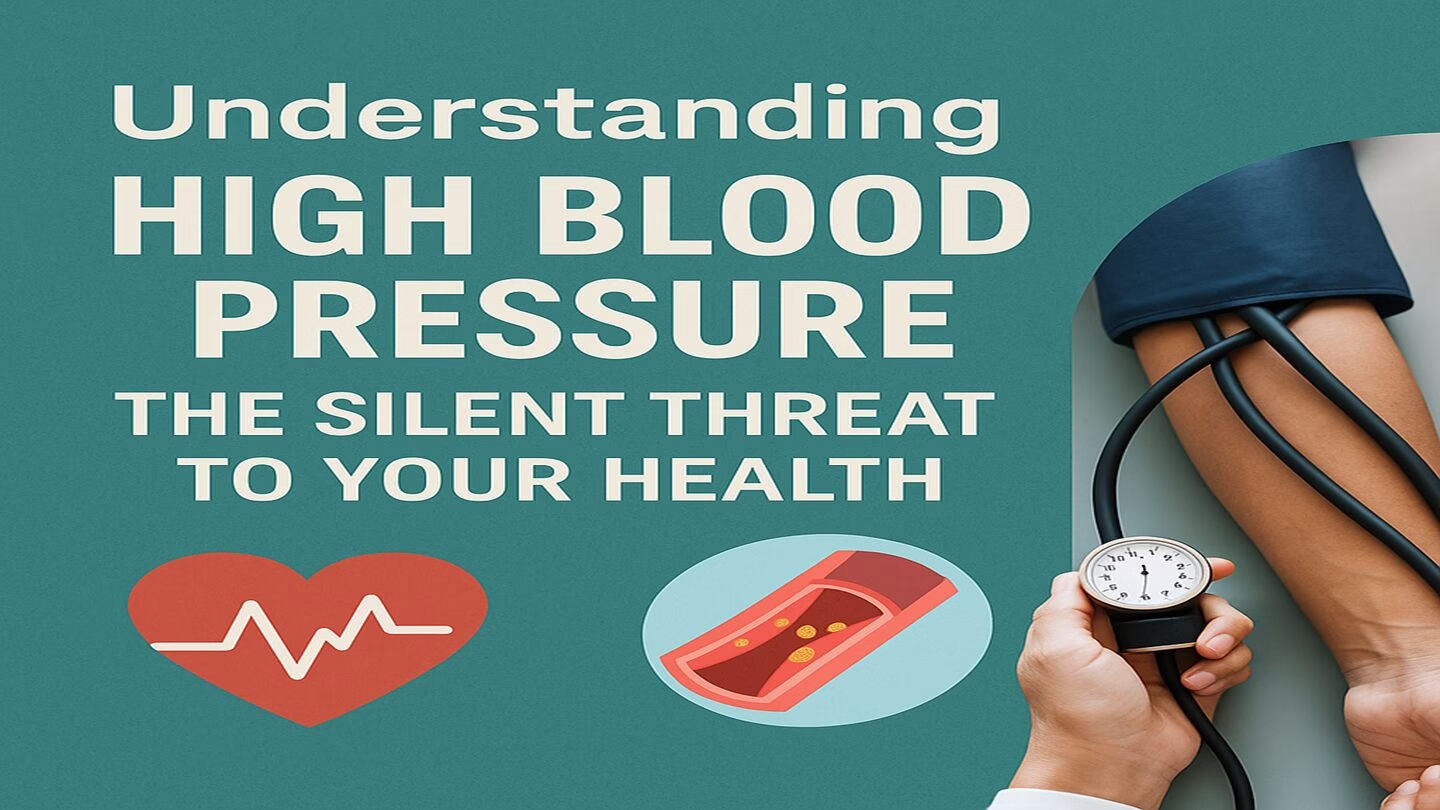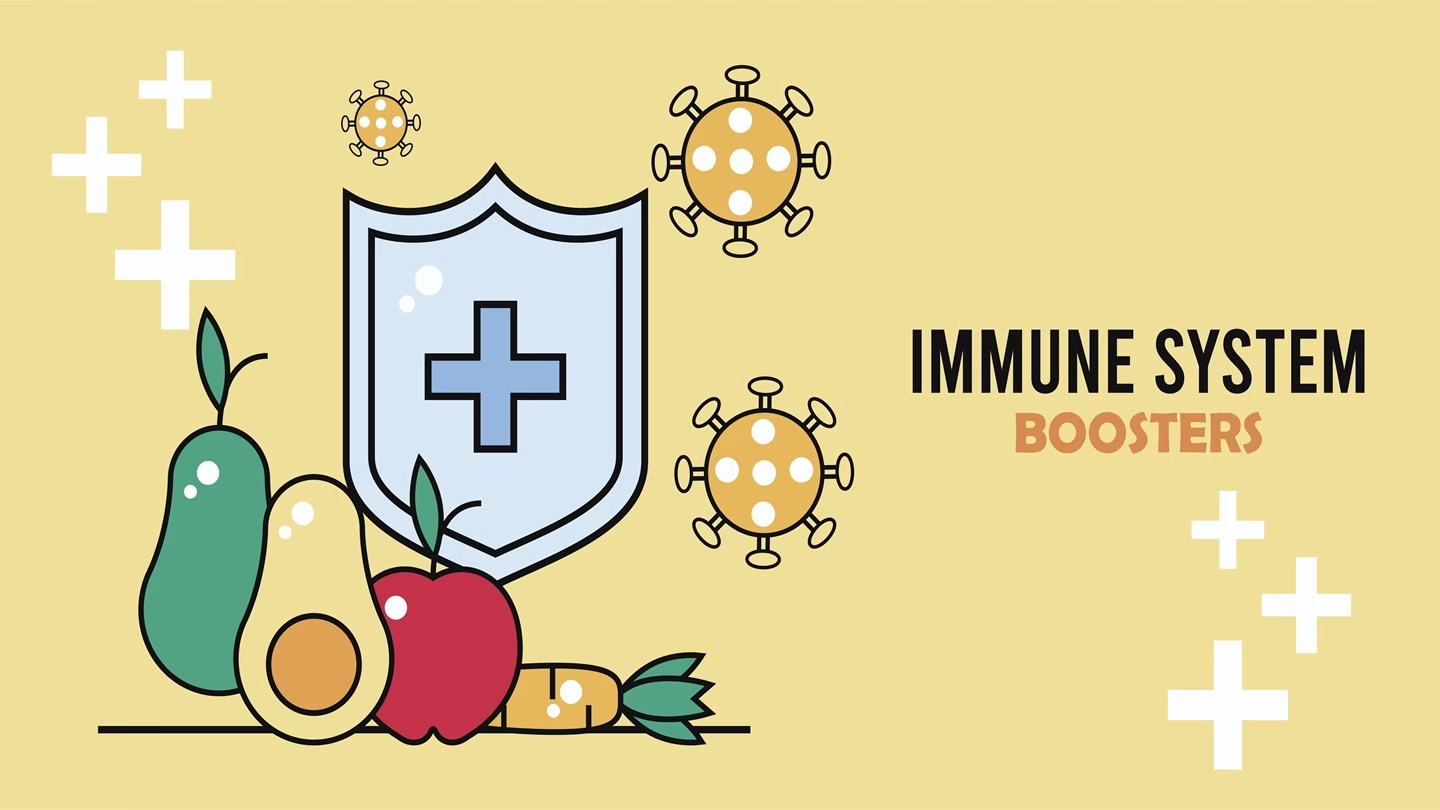Introduction
In today’s fast-paced world, stress and anxiety have become ubiquitous, taking a toll on both mental and physical health. As a result, individuals are increasingly turning to mindfulness practices to cultivate a sense of peace, presence, and well-being. This comprehensive guide aims to explore the profound benefits of mindfulness on both mental and physical health, backed by scientific research and practical insights.
Understanding Mindfulness
Mindfulness is the practice of paying attention to the present moment with openness, curiosity, and acceptance. Rooted in ancient contemplative traditions, mindfulness has gained popularity in recent decades due to its effectiveness in reducing stress, enhancing self-awareness, and promoting overall well-being.
The Science Behind Mindfulness
Numerous studies have demonstrated the positive impact of mindfulness on mental health. Research indicates that regular mindfulness practice can reduce symptoms of depression, anxiety, and chronic stress. Moreover, mindfulness-based interventions have been shown to enhance cognitive function, increase emotional resilience, and improve interpersonal relationships.
Mindfulness and Physical Health
Beyond its effects on mental well-being, mindfulness has been linked to various physical health benefits. Studies have shown that mindfulness practices can lower blood pressure, reduce inflammation, and strengthen the immune system. Additionally, mindfulness-based interventions have been effective in managing chronic pain, improving sleep quality, and supporting healthy eating habits.
Practical Tips for Cultivating Mindfulness
Incorporating mindfulness into daily life doesn’t have to be complicated. Simple practices such as mindful breathing, body scan meditation, and mindful eating can be easily integrated into one’s routine. Moreover, engaging in activities like yoga, tai chi, or walking meditation can further enhance mindfulness and promote overall health and vitality.
Overcoming Common Challenges
While the benefits of mindfulness are well-documented, many individuals encounter obstacles when attempting to establish a regular practice. Common challenges include lack of time, difficulty focusing, and resistance to sitting still. By approaching mindfulness with patience, self-compassion, and persistence, individuals can overcome these barriers and experience the transformative power of presence.
Mindfulness in Everyday Life
Mindfulness is not limited to formal meditation practice; it can be infused into every aspect of daily life. Whether it’s savoring a meal, engaging in meaningful conversations, or appreciating nature’s beauty, mindfulness invites us to fully experience the richness of each moment. By cultivating mindfulness in everyday life, individuals can cultivate greater joy, fulfillment, and inner peace.
Conclusion
In conclusion, mindfulness offers a powerful pathway to improving both mental and physical health. By cultivating present-moment awareness and non-judgmental acceptance, individuals can reduce stress, enhance well-being, and live more fully. Through regular practice and a commitment to self-care, anyone can unlock the transformative power of mindfulness and embark on a journey towards greater health and happiness.
ABOUT THE AUTHOR
Dr. Alex Sam is a passionate healthcare professional with an MBBS and MRCGP degree and a strong commitment to modern medicine. Known for his empathetic approach, he emphasizes listening to his patients and understanding their unique health concerns before offering treatment. His areas of focus include family medicine and general health management, where he strives to provide holistic care that improves both physical and mental well-being. Dr. Alex is also a strong advocate for preventive screenings and early detection of diseases, ensuring his patients maintain healthier lives. With a calm demeanor and deep medical insight, he has earned the trust of both his patients and peers in the medical community.












Add comment